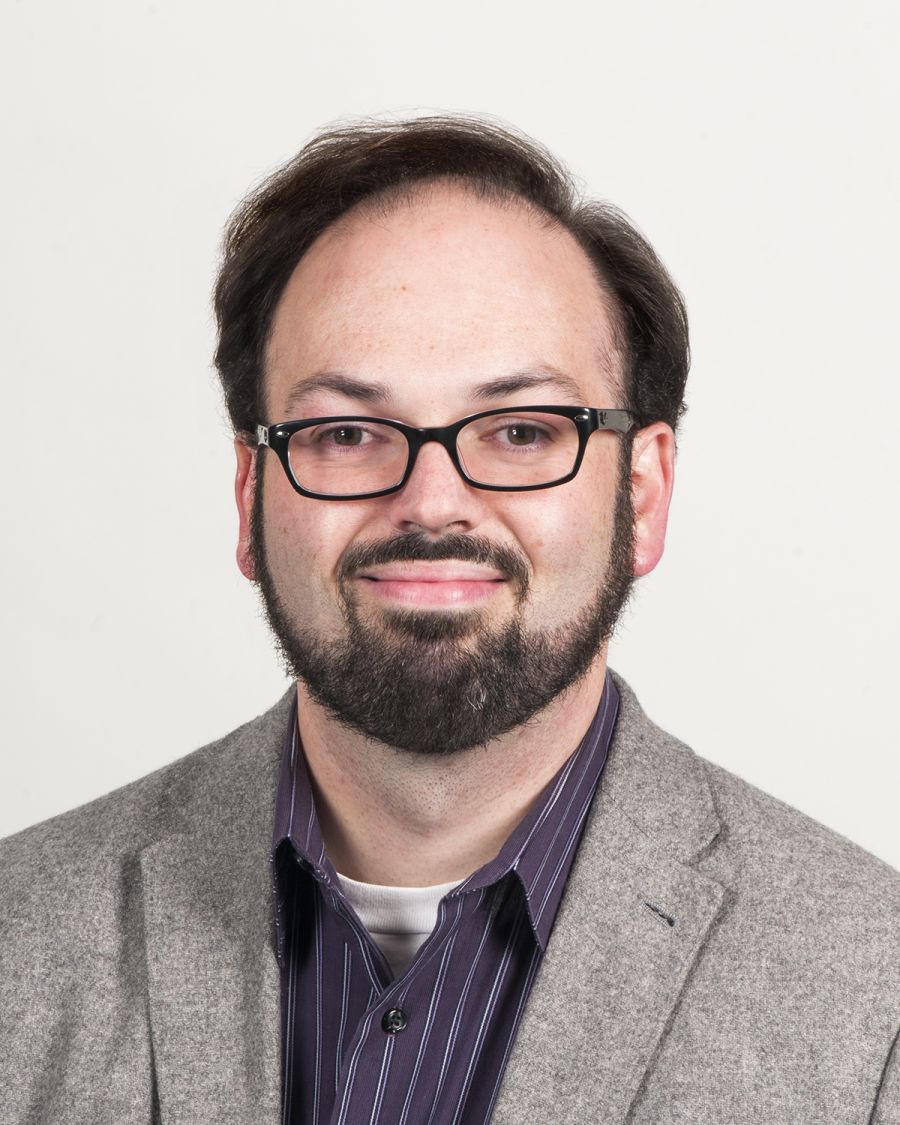


Open Educational Resources (OER) represent more than just cost-saving tools—they are a significant social innovation. Experts from every field—the humanities, the sciences, business, technology, and education—voluntarily contribute their time and talent to develop these materials. Their goal is not only to disseminate knowledge, but to do so in a manner that is accessible and equitable for all. To me, OER is the true democratization of education.
The Knowledge Enterprise
As educators and citizens, we must ask ourselves a fundamental question: “Is knowledge a right?”
Certainly, we can look at knowledge as a commodity—the so-called knowledge economy—where knowledge is protected by copyrights, patents, and laws governing proprietary information. Examples include: Coca-Cola’s secret recipe, Mickey Mouse’s likeness, the Nike ‘swoosh’, and Facebook’s algorithm.
Under such a view, knowledge is divided into discrete components, with each segregated from the very inspiration that gave birth to it in the first place. But we must ask, where would Newton be without Galileo, the Impressionists without the development of the camera, Coca-Cola without Santa Claus, Elvis’ rock n’ roll without Sister Rosetta Tharpe’s gospel music?
How do we know the line between a truly new idea and merely the evolution and adaptation of previous ideas? You are reading and I am writing this op ed, thanks to the few brave souls who ventured deep into abyssal caves, and dared to paint murals of mammoths, hunters, and handprints. We all owe a debt to those who have come before us, and it is for that very reason I believe knowledge should be open access—available to anyone and everyone—and should not be monetized or corporatized.
Otherwise, who should have a monopoly on philosophy or physics? Who, then, is the keeper of poetry and painting? If Einstein is indebted to Newton, and Newton to Galileo, and Galileo to Archimedes, then certainly Newton was right when he famously stated in a letter to Robert Hooke: “If I have seen further, it is by standing on the shoulders of Giants”. (Interestingly enough, although this quote is often attributed to Newton, he was actually invoking a metaphor that likely dates back to the 12th century!).
The Textbook Publisher’s Influence
If a student’s history book states: “Columbus discovered the Americas in 1492” this is a very particular—and slanted—perspective. But if their history book explains the complicated and nuanced events which led to Columbus’ colonization of La Isla Española (Hispaniola), then those students get a richer view of history.
OER allows us to hear different voices, see different perspectives, and collect and compare ideas from multiple vantage points. OER combats the McDonaldization of ideas. Too often we rely on the big textbook publishers—Pearson, McGraw Hill, and Cengage—to not only determine what we learn but how much that information is worth. Certainly, these companies offer strong products. But I think we should all be very cautious of the big three, because first and foremost, they are beholden to market forces, not education.
Access and Affordability
We cannot overlook perhaps OER’s greatest asset: affordability. It is no surprise to anyone involved that college costs—which include the price of learning materials—are exponentially rising. We have a duty to our students to find ways to help reduce those costs and decelerate those trends.
It is not unreasonable to assume with lower costs (or no costs) that quality must suffer. This is only true in some cases, and I have found the opposite to be far more pervasive. It turns out highly educated people want to share that expertise. Since Spring 2022, the OER program at Waubonsee Community College has been used in 355 course sections, impacting 7,745 students with a total savings of $1.14M compared to purchasing new textbooks.
Who would have thought that professors and researchers would crave an avenue to share what they know? And so, we can role-model, in very real ways, academic rigor, research methodologies, peer review, and the incorporation of many perspectives—all things we ask our students to do.
Our Past and Future
If we want our students to be better discerners of truth, to recognize fallacious reasoning, and to become information literate, then OER is an incredible wellspring to draw from. Knowledge was never meant for the select few. We are all participants in its accumulation and vetting. We have been doing this work for millennia. Our ancient ancestors and indigenous groups alike, knew and know that knowledge-sharing not only benefits the group but benefits the self. This is how we have progressed to where we are today. This fall 2024 semester has been our best semester yet, with 77 course sections embracing the democratization of education through OER. This initiative has positively impacted 1,854 students this semester alone, making quality education more accessible than ever. We're excited to see how this commitment to OER is transforming the learning experience! It’s time we re-encapsulate that history and lean into what we are: learners, storytellers, and sharers.
Above: Dr. Aaron Lawler, Associate Professor of Humanities

